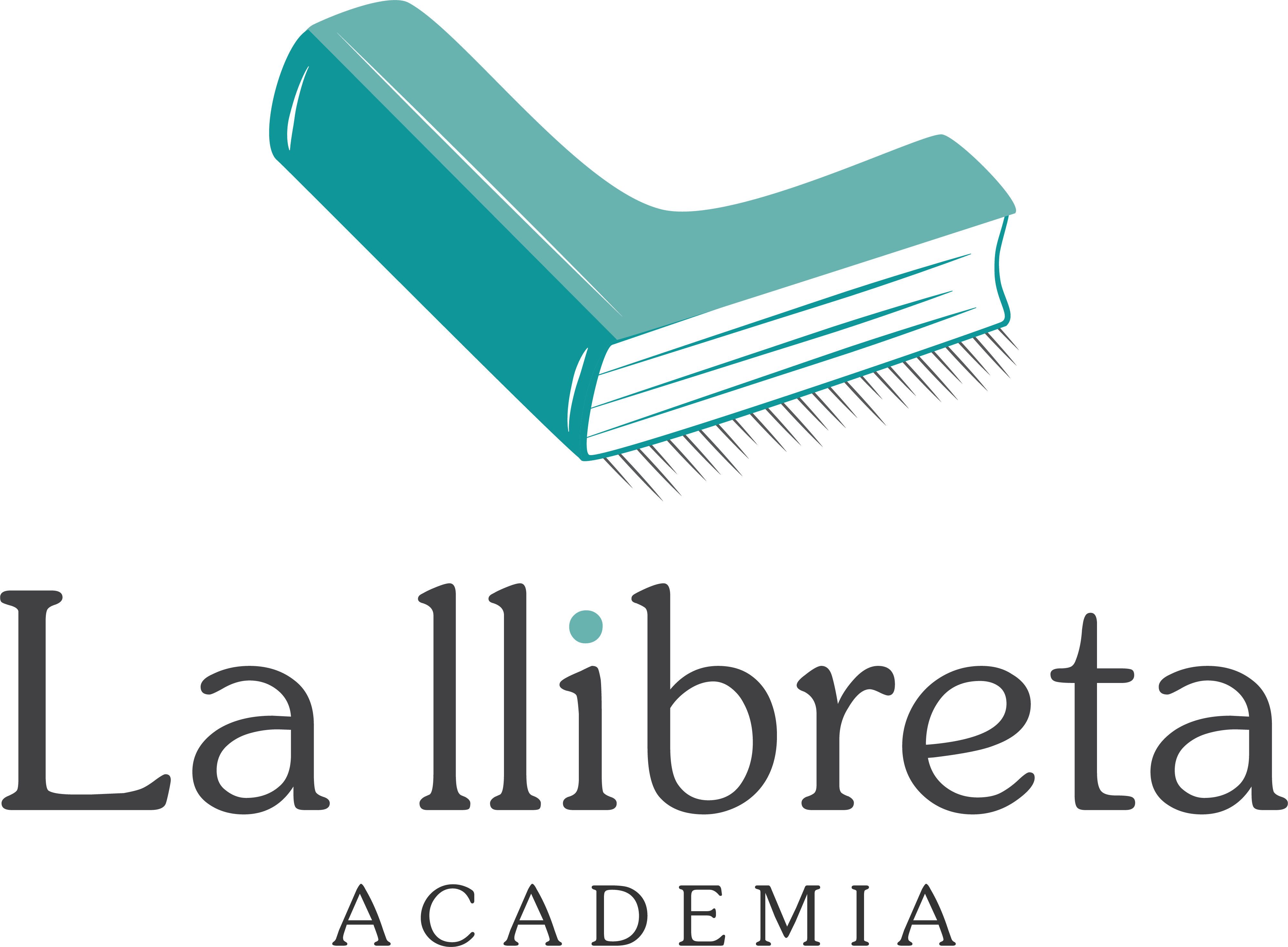9 tips on how to write better essays
Most of our students find writing essays the most difficult part of an English exam.
Follow this list of tips to learn how to successfully and confidently write your essay.
1. Manage your time effectively.
You should spend:
- Planning – 10 minutes
- Writing – 30 minutes
- Checking – 5 minutes
2. Choose the type of essay.
Read the task and make sure you understand the question and identify the type of essay you are asked to compose. Is it an opinion, a descriptive or a for and against one?
3. Brainstorm your topic.
Most students hate this stage and they find it a waste of time, but not organizing your ideas and thoughts before writing your essay can end up being a very bad decision. You have to think about what you have to write, what you want to write, and how you can write it before writing.
4. Structure your essay.
You need to plan your paragraphs and content. Be sure that in the main body you have a clear idea for each paragraph. Remember, your writing is made of:
- Introduction (2 / 3 lines)
- Main body (2 / 3 paragraphs)
- Conclusion (2 / 3 lines)
5. Stick to the question.
There are many students who instead of answering properly the task have rather talked about something, in some ways, related to the topic. It’s tempting and you may feel more comfortable and knowledgeable about this other topic. You may even end up writing a great piece of writing but because you haven’t actually answered the question, you will be penalized.
6. Don’t start from the introduction, do the main body first.
The introduction part is where some students struggle the most, so to avoid getting bogged down, create the introduction later. In this way, you will be able to fully form your thoughts and ideas and then come back and integrate the main ideas into your introduction.
7. Begin each paragraph with a topic sentence.
A topic sentence identifies the main idea of the paragraph.
8. Support your ideas with examples and details.
Once you have your topic sentence, the rest of the paragraph needs to focus on example(s) and detail(s) that support your main idea.
9. Revise.
Think of your recurrent mistakes and also check for grammar, spelling, style, use of linking words and connectors. Avoid repetitions by using synonyms.
Glossary for language learners:
Find the following words in the article and then write down any new ones you didn’t know.
- end up (phrasal verb), to be in a particular place or state after doing something or because of doing it.
- stick to (phrasal verb), to do something that you promised or decided you would do, or that you believe you should do.
- come across (phrasal verb), to meet someone, or to find something by chance.
- struggle (verb), to try hard to do something that you find very difficult.
- bog down (phrasal verb), become stuck, be unable to progress.
Cursos PAU exprés 2024
Domina la PAU: exámenes difíciles, trucos y errores comunes en nuestro curso exprés.
Compra nuestros apuntes
Tienes nuestros apuntes, esquemas, resúmens, glosarios y mucho más disponibles por 40€ y el curso de videomaterial por 190€.
Prepárate en la Llibreta
Prepárate con nuestroscursos híbridos. Podrás asistir de manera presencial u online. ¡Además las clases se quedan grabadas!

